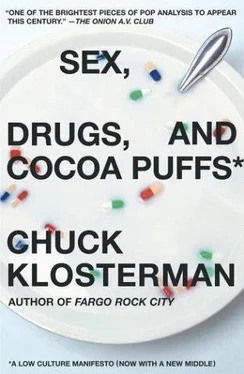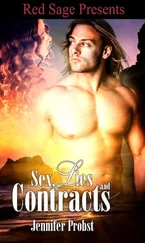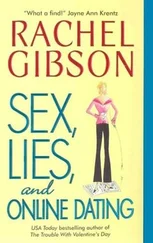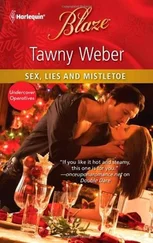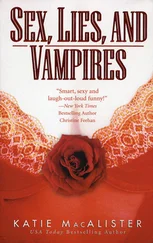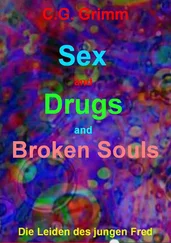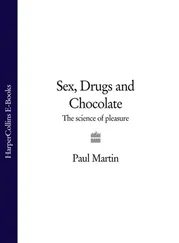Truthfully, I’m not even sure the average consumer knows that people called “page designers” even exist, but these individuals dictate everything you read (and—more to the point—everything you don’t). Intellectually, the newspaper industry is now controlled by guys like Mario Garcia, the consultant who redesigned The Wall Street Journal when it went to full color in April of 2002. In all likelihood, you have never heard the name Mario Garcia before today—yet he is the kind of man constructing your consciousness.
Here’s how the newspaper process operates: Reporters write stories. Those stories are read by midlevel editors who tend to make minor content changes. The stories are then pushed to the “copy desk,” where copy editors check for grammar mishaps and factual errors (copy editors also write the headlines). Eventually the stories get to the “design desk,” where a page designer decides how to place this information on the tangible paper page—they decide how to incorporate the news alongside the photographs, graphics, sky boxes, and everything else that really doesn’t matter. Their goal is to make the page look pretty; they are akin to architects. Quite simply, they are trying to create a newspaper than can be appreciated by the illiterate.
If you subscribe to a daily newspaper, you will notice that—once or twice a year—the paper will run a short story that mentions all the journalism awards that particular newspaper has won in some kind of quasi-notable journalism contest. Editors run these self-congratulatory stories because they think it makes the publication seem credible. However, winning awards in journalism is like winning awards at the Special Olympics; everyone is a winner. Every single person I have ever worked with could technically be classified as “an award-winning journalist,” because everyone who enters journalism contests eventually wins something . However, these competitions are especially important to page designers. Since the only people who care about newspaper design are other newspaper designers, they are constantly giving awards to each other. And those meaningless plaques and certificates have become the driving force behind how the world consumes information. When you pick up the front page of any news publication, you are looking at someone’s attempt to win a design contest; everything that comprises that page—the words, the images, and even the white spaces between those words and images—are nothing more than props. In the eyes of the modern newspaper designer, all of those elements have equal value. This is not an exaggeration; stroll past any newspaper design desk and you will hear people talking about the “creative use of white space.” This means people are discussing ways to better utilize the parts of the paper that are blank (this includes the gaps between columns and the borders at the top and bottom of a page). Just think about that for a moment: People are literally discussing the creative significance of nothingness . [69] 5. Then again, maybe these people are just way Zen.
Now, page designers will insist that all they want to do is help writers and that their only true goal is to direct the eyes of readers to the stories they need to see the most. Sometimes I believe them; one of my best friends designs news pages for a living, and he might be the best journalist I’ve ever met. But good intentions can’t compete with bad policy, and that’s what the emphasis on newspaper design is. It’s now a journalistic philosophy, and it’s becoming the dominant one. What’s most troubling about the growing influence of newspaper designers is that it becomes a self-fulfilling prophecy: As newspapers and magazines become more obsessed with shorter, breezier stories and visual gimmickry, readers adopt that sensibility as normalcy. We are losing the ability to understand anything that’s even vaguely complex.
At the moment, the leaders of Knight Ridder and Gannett and Thompson and all the other media chains are wrong; people who buy newspapers can still read them. But give them time. They’ll be right soon enough.
Today I got a phone call from Minnesota, and the person asked me how this book was going. I said it was going fine. Then he asked if I had any hopes for its success.
“Well, here is my hope,” I said. “I hope the book is published and distributed at least six weeks before a rogue terrorist manages to build and unleash a one-kiloton nuclear warhead in the vicinity of Times Square, since I am told that the blast would instantly incinerate at least twenty thousand people, including me and everyone in my office. It is my understanding that—even if I wasn’t killed by the initial blast—it’s almost certain that I would be dead within twenty-four hours of the explosion, probably via intense radiation poisoning but possibly from third-degree burns and blindness, both of which would make evacuation from the urban chaos virtually impossible. And to a lesser extent, I hope that this book is available on amazon.com before the discharge of a cobalt-60 “dirty bomb” that would turn Manhattan into a cauldron of walking death that—if I’m really, really lucky—will only give me a hyperaccelerated case of skin cancer. And of course I’d love to see this book in paperback before somebody detonates a uranium-rich suitcase bomb, stolen from Belarus or Ukraine.”
“That’s interesting,” the caller said in response. “I suppose this technically makes you an optimist.”
I used to think there was nothing worse than being trapped in a conversation with someone who knows absolutely nothing about anything. However, an acquaintance taught me this wasn’t true. “There’s one thing worse than talking to a person who knows about nothing,” he said, “and that’s talking to someone who knows about nothing except music.”
You know the kind of person to which my friend refers. You’ve met him at underattended rock concerts and in empty downtown taverns, and he inevitably adores the Moody Blues. But try to imagine if one of those people was so adroit at being singularly obsessive that he actually got paid for it. Imagine if the weirdo who seems to live in your nearest locally owned record store suddenly had a 152 IQ and a degree from Tufts. And now imagine a hundred of those people coming together for four rainy days in Seattle, all of them totally fucking stoked for the opportunity to compare The Kinks Are the Village Green Preservation Society with Danish physicist Niels Bohr’s field theory on radioactive decay.
Prepare to rock and/or roll.
What I have just described was a glimpse of life inside the palatial walls of the Experience Music Project, home for the first annual Pop Music Studies Conference (a summit boldly titled “Crafting Sounds, Creating Meaning: Making Popular Music in the U.S.”) Held in April 2002, the conference brought together a wide array of respected academics and snarky rock critics who were asked to “think about pop music in the abstract.” What this really meant is that one hundred people who like Sigur Rós way too much came together to read self-penned manuscripts that were either too goofy to be classified as scholarship or too pedantic to be seen as commercially viable.
I was one of these people.
Now, let me be completely clear about something: I had a wonderful time at EMP. I’m precisely the kind of supergeek who enjoys forty-minute conversations about side three of Lou Reed’s Metal Machine Music album. The pencil-necked eggheads at “Crafting Sounds, Creating Meaning” are—sadly—my people. If I was Jewish, EMP would have been my Israel. Yet even I cannot deny that this conference was probably the least rock ’n’ roll experience I’ve ever had.
Читать дальше
